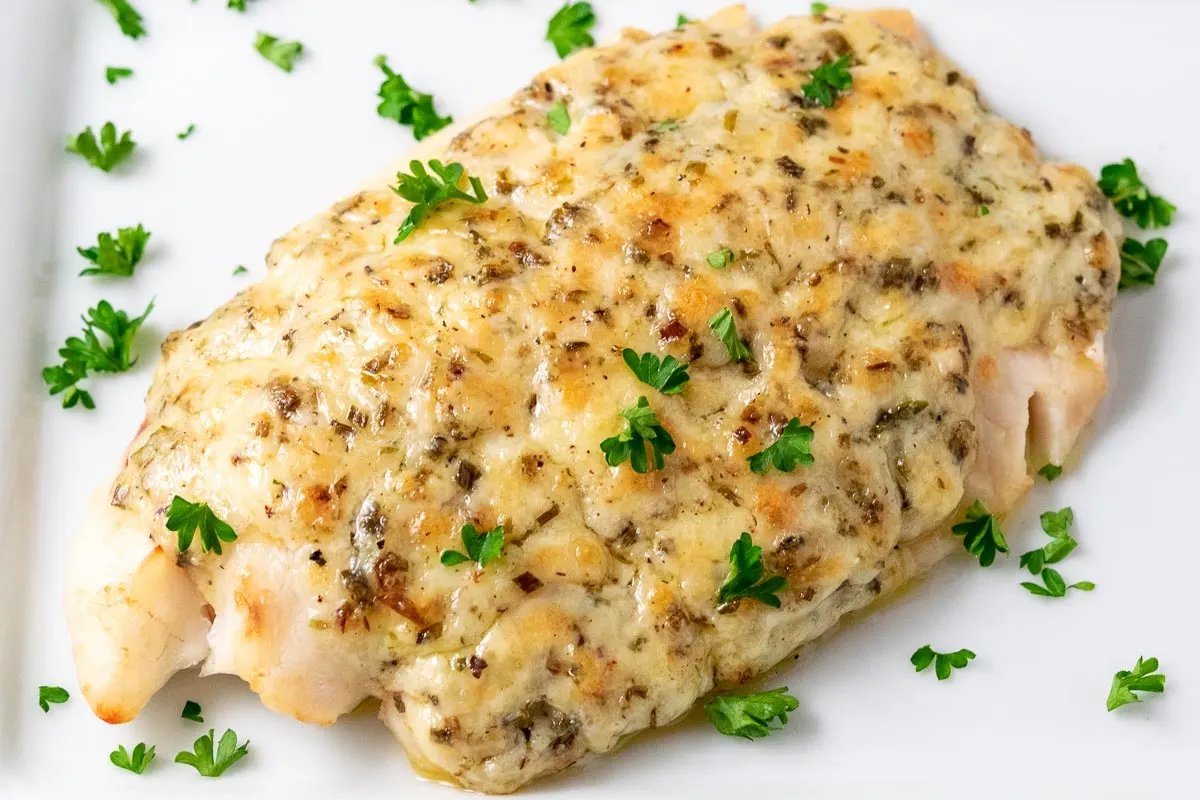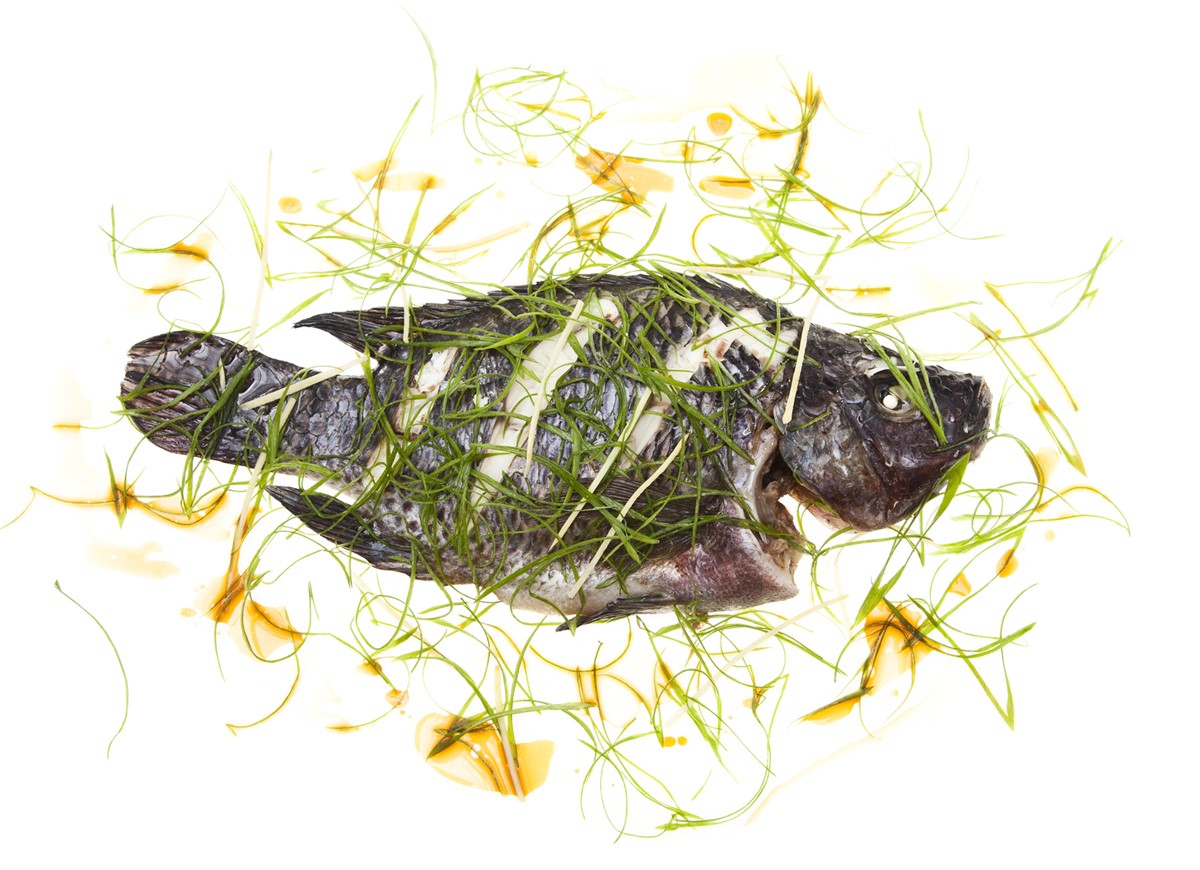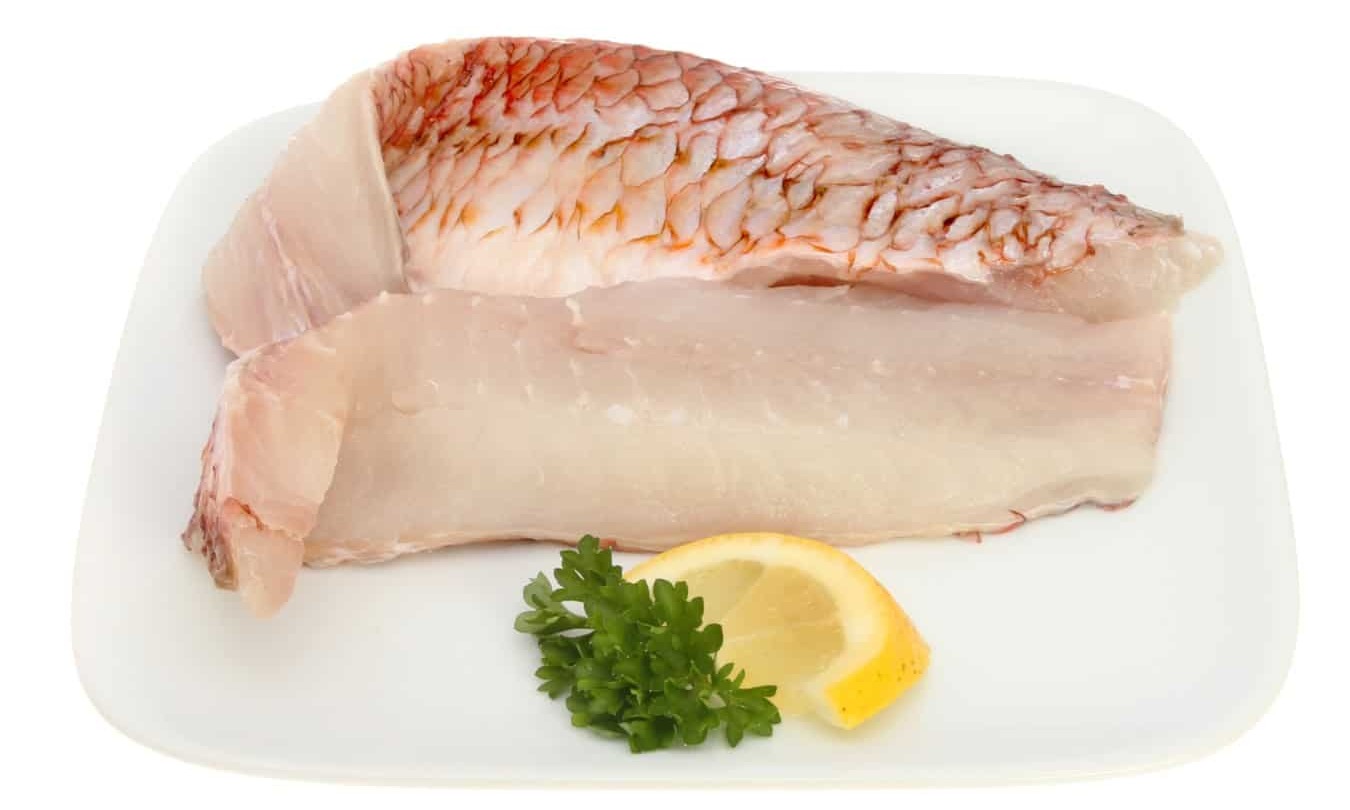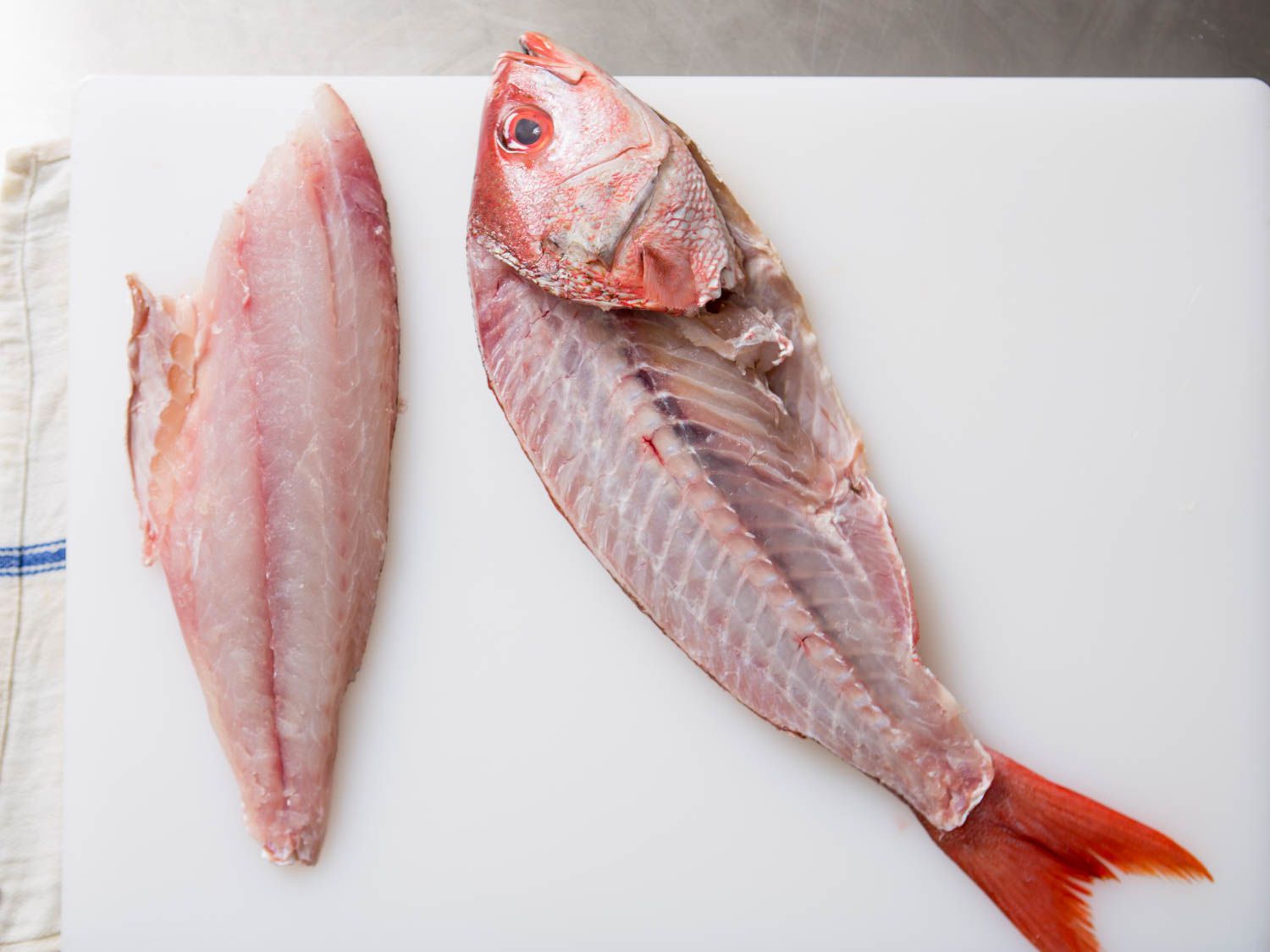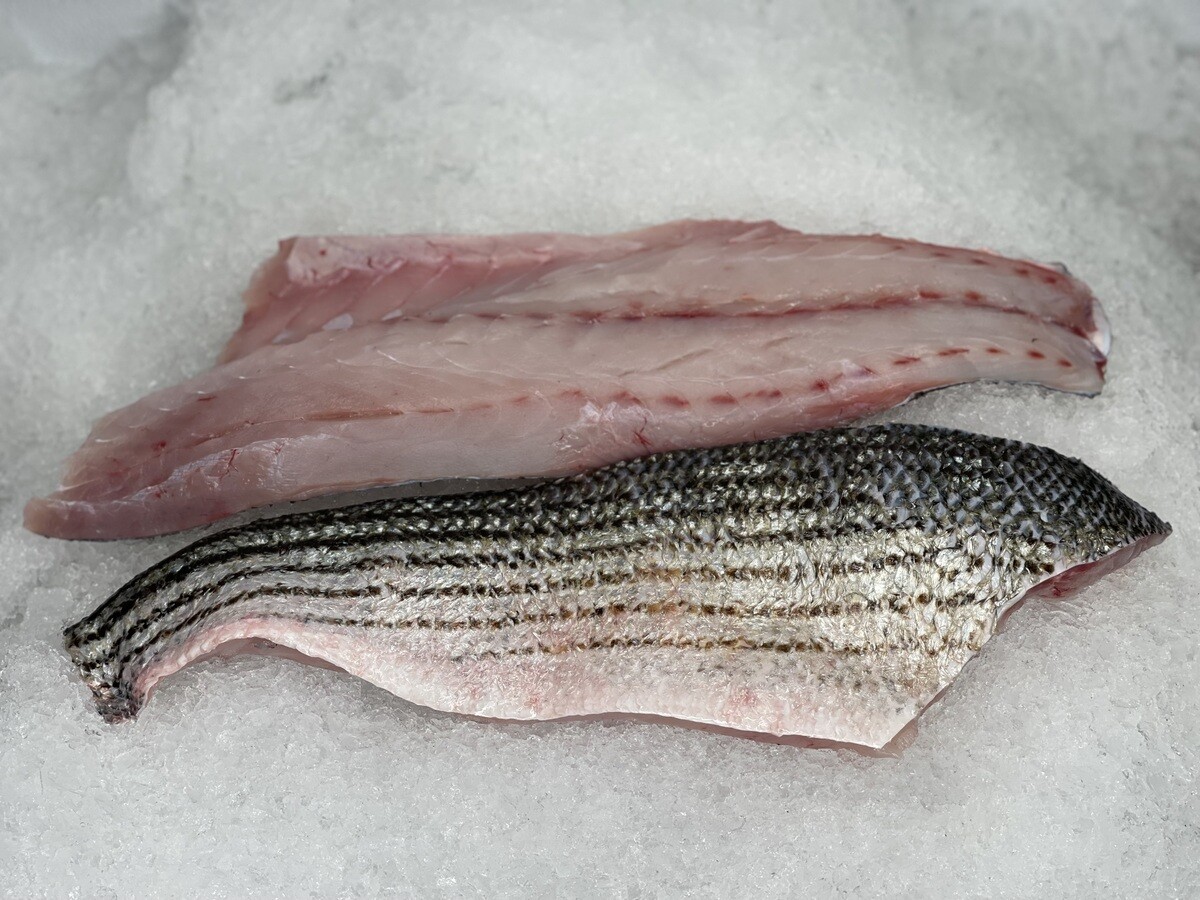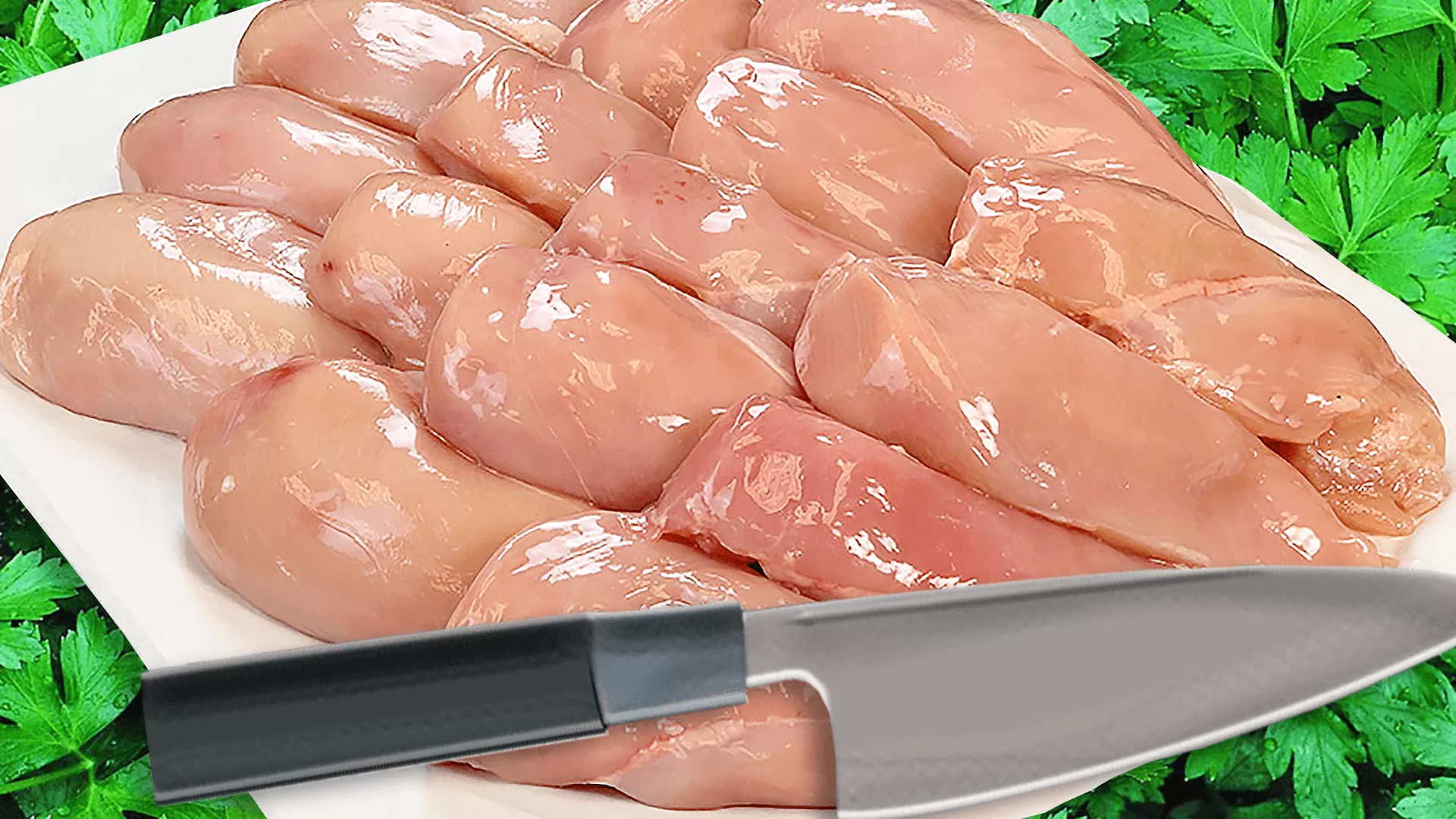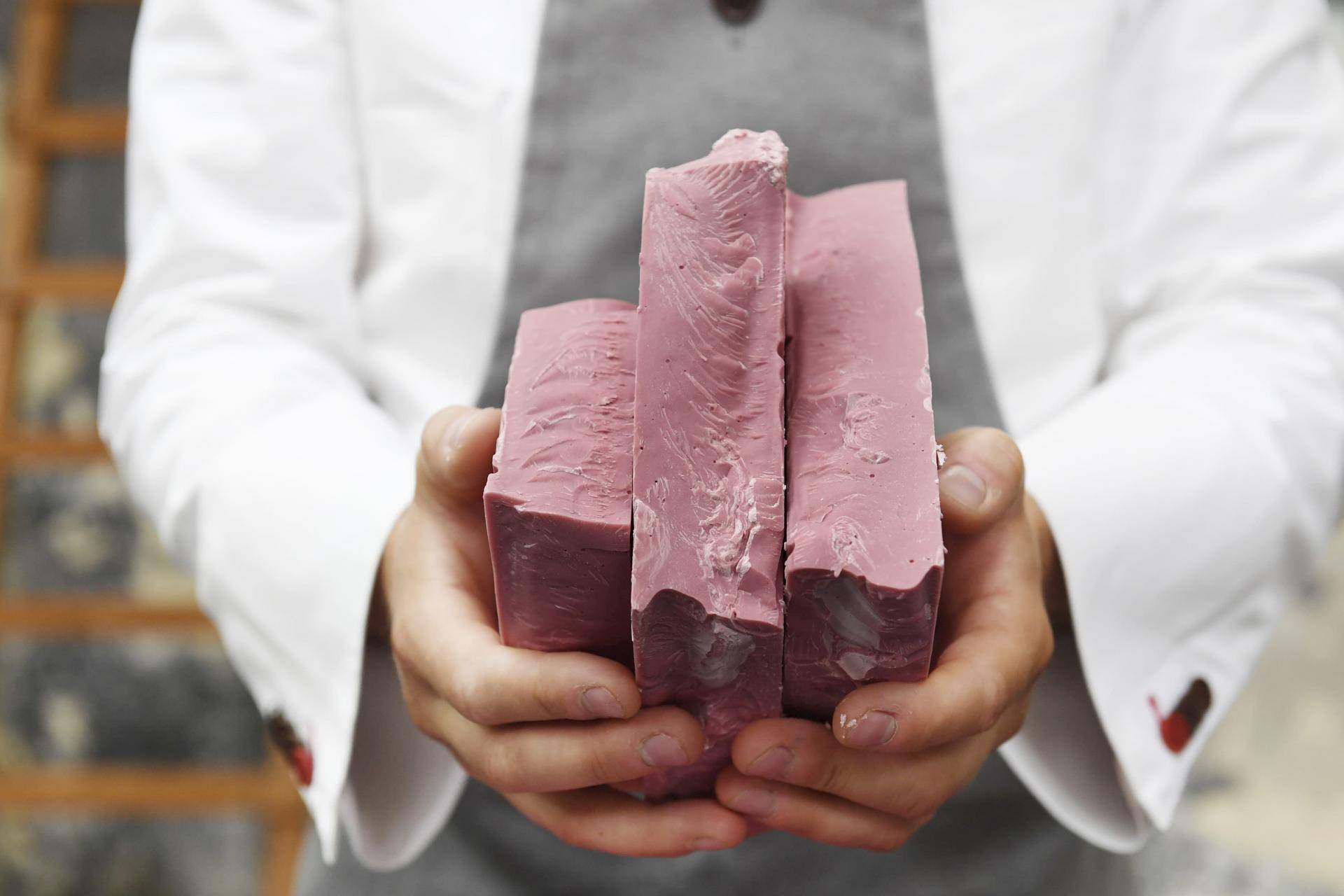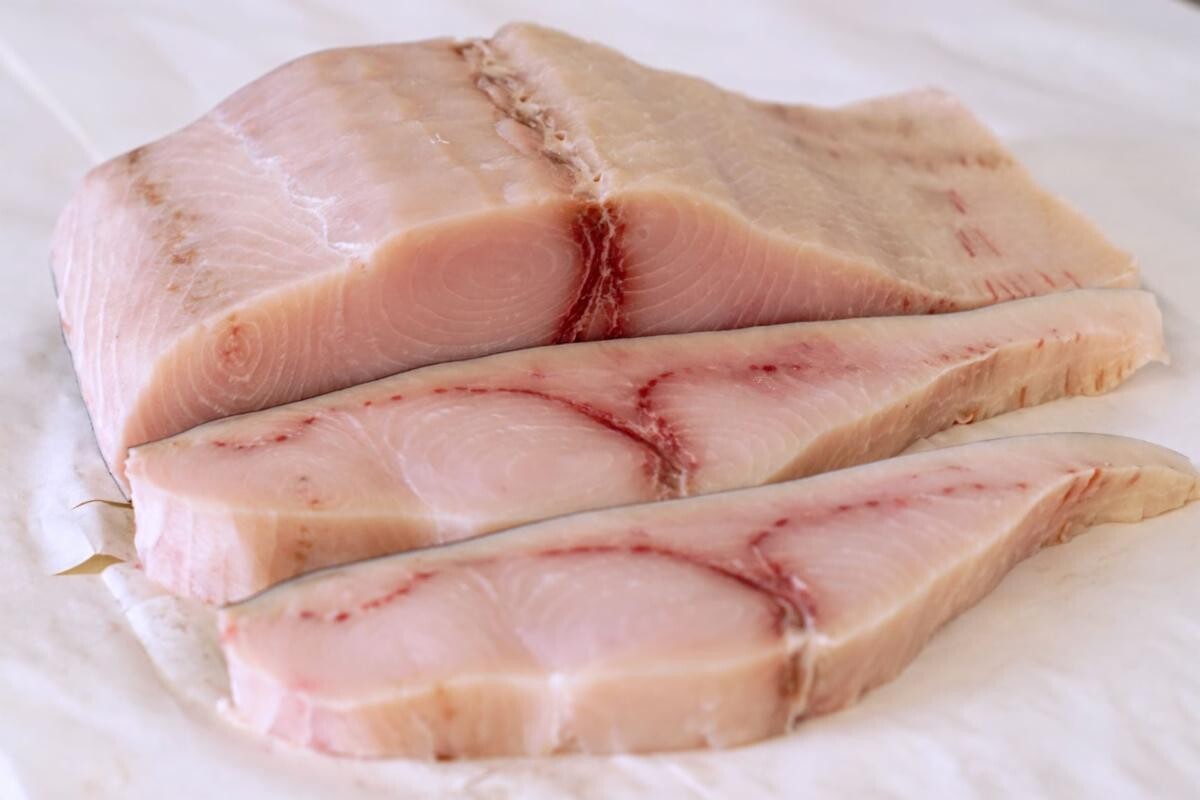Step-by-Step Guide on How to Fillet Tilapia
Filleting a tilapia may seem like a daunting task, but with the right technique and a little practice, it can be a rewarding and satisfying experience. Whether you’re a seasoned chef or a novice cook, learning how to fillet a tilapia can open up a world of culinary possibilities. Follow these simple steps to master the art of filleting a tilapia.
What You’ll Need
Before you begin, gather the following tools:
- Sharp fillet knife
- Cutting board
- Tilapia fish
- Paper towels
Step 1: Prepare the Work Area
Start by laying out a clean cutting board and placing the tilapia on it. Ensure that your work area is well-lit and free from any distractions. This will help you focus and work with precision.
Step 2: Remove the Scales
Using a fish scaler or the back of a knife, gently scrape off the scales from the tilapia. Work from the tail towards the head, making sure to remove all the scales. Rinse the fish under cold water and pat it dry with paper towels.
Step 3: Make the Initial Cut
Hold the tilapia firmly by the tail and make an incision behind the gills, cutting down towards the backbone. Be careful not to cut through the backbone, as you want to keep the fish intact for the filleting process.
Step 4: Remove the Fillet
Starting from the head, run the fillet knife along the backbone, using smooth and steady strokes to separate the fillet from the bones. As you work your way down the fish, use your free hand to gently pull the fillet away from the bones to ensure a clean cut. Repeat the process on the other side of the tilapia to remove the second fillet.
Step 5: Trim and Skin the Fillets
Lay the fillets skin-side down and trim off any remaining bones or fins. To remove the skin, make a small cut between the flesh and the skin at the tail end of the fillet. Hold the skin firmly and slide the knife along the length of the fillet, separating the flesh from the skin in one smooth motion.
Step 6: Rinse and Pat Dry
Once the fillets are separated and skinned, rinse them under cold water to remove any remaining scales or debris. Pat the fillets dry with paper towels to ensure they are clean and ready for cooking.
Conclusion
Congratulations! You’ve successfully filleted a tilapia. With a little practice, you’ll become more confident in your filleting skills and be able to prepare delicious tilapia dishes with ease. Whether you’re grilling, baking, or pan-searing, having the ability to fillet a tilapia opens up a world of culinary possibilities. So, roll up your sleeves, grab a fresh tilapia, and put your newfound skills to the test!
The guide on how to fillet tilapia provides a solid foundation for preparing a variety of delicious recipes. Readers can try the Grilled Lemon Herb Tilapia, where the grilling process enhances the natural flavors of the fish. For those who enjoy bold flavors, the Blackened Tilapia with Mango Salsa offers a delightful contrast of spicy and sweet. If looking for something light yet flavorful, the Tilapia Tacos with Fresh Salsa make an excellent choice. Fans of creamy dishes should not miss the Tilapia in Creamy White Wine Sauce, perfect for a touch of elegance. Lastly, the Tilapia Piccata is a must-try for its zesty and tangy notes that complement the tender fillet beautifully.

